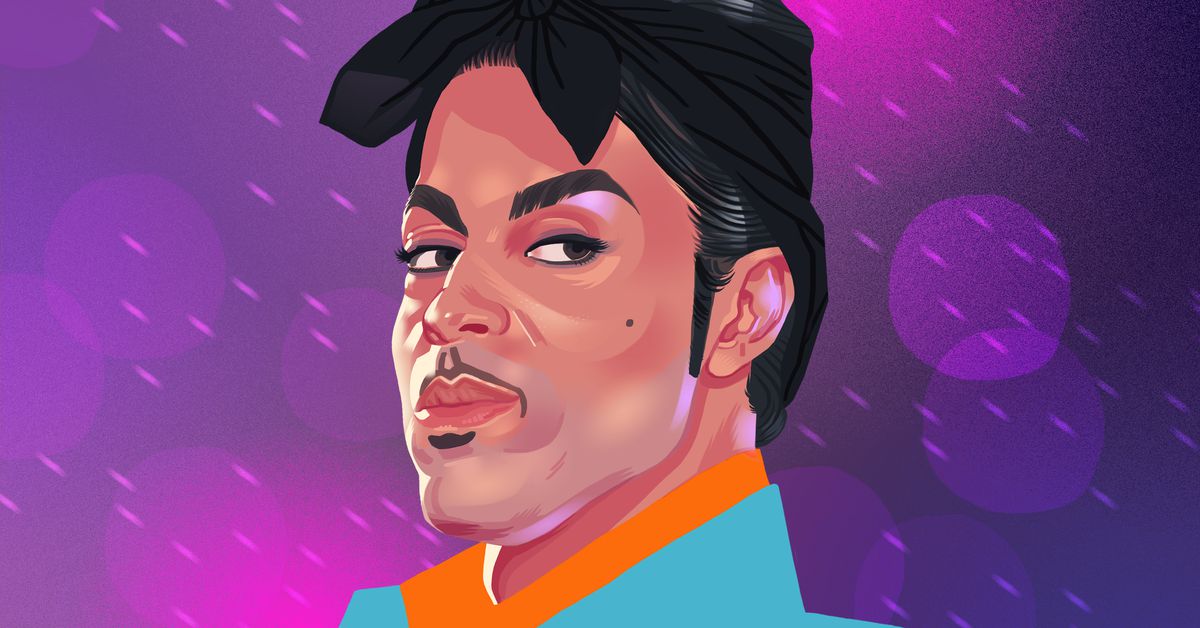After some back and forth with the N&O editorial staff, I have trimmed my CAC op-ed into more of a long letter. Hopefully it will run in Friday’s edition.
A Requiem for Raleigh’s Citizens Advisory Councils
Amid concerns that rapid growth was distancing city leaders from the community, Raleigh launched its Citizens Advisory Councils (CACs). For 46 years, CACs were a forum where citizens and government officials could exchange information and concerns until Raleigh City Council abruptly ended this decades-long partnership in a vote that demonstrated a shocking lack of transparency and good governance.
Much has been made of the (merely advisory) role played by CACs in rezoning cases but CACs were so much more. CACs stepped in when neighbors needed help, organized school supplies drives, and provided a forum where wary neighbors met with Raleigh Police officers to build connections, and the list goes on. It didn’t matter who you were, if you were a resident your voice counted.
All other city advisory boards get their direction from the top; work must first be approved by the City Council. In this model, how do we ensure citizen concerns are adequately addressed? Who’s doing the listening and who’s doing the talking? Absent the independence of CACs, community engagement quickly devolves into a one-way conversation. The partnership is no more.
CACs had their challenges but they also represented one of the most basic forms of democracy: neighbors coming together to work things out. We will be hard-pressed to do better.

